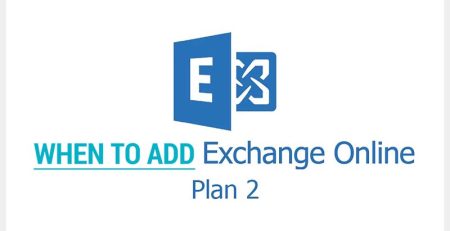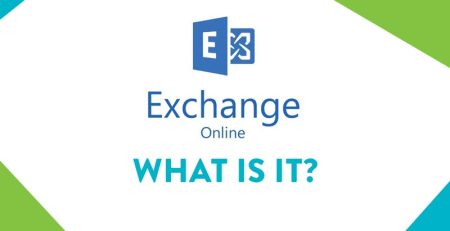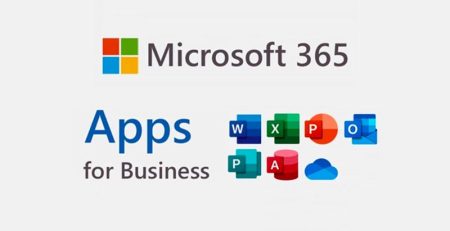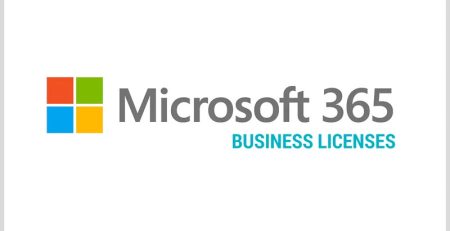Are You on the Naughty List of Bad Password Usage?
The holiday season is upon us, and with it comes the perfect opportunity to reflect on the previous year.
Have you avoided the naughty list of bad password usage in 2023?
Strong password usage is key to creating a secure environment for you and your organization.
According to Verizon’s 2023 Data Breach Investigations Report, 86% of all web app attacks use stolen credentials.
And because we have so many accounts that require passwords, it’s easy to fall into the trap of using the same password, personal information or a pattern that is easy to remember.
The problem with using patterns is, no matter how clever you think you are, chances are somebody else has tried it. And if somebody else has tried it, hackers also will try it once they have your username or email address.
Personal information is just as bad, as hackers can stalk your social media accounts to figure out birthdays, pet names and anniversaries.
Don’t Use These Common Weak Passwords
Ensure you are not on the naughty list of bad password usage by avoiding the most common weak passwords.
- Sequential numbers and letters: 123456, 123456789, abcdef, etc.
- Common words and phrases: password, iloveyou, letmein
- Keyboard patterns: qwerty, asdfgh, 1qaz2wsx
- Personal information: Birthdays, names, birthplace, anniversaries and other personal data
- Simple repeated characters: aaaaaa, 111111, 000000
- Popular culture references: Names of movies, sports teams, fictional characters
- Common number combinations: 666666, 888888, 112233
- Simple alphanumeric combinations: abc123, password1, qwerty123
- Admin or test passwords: admin, test, guest
- Default passwords: password, admin123, 1234
“Many of these password managers also offer business-grade versions that allow you to set up your employees with accounts to encourage strong password usage for their business and personal accounts.”
Too Many Passwords? Try a Password Manager
If you feel overwhelmed with the number of passwords you have to remember, consider a password manager.
- LastPass Free: This is a user-friendly option providing essential features like secure note storage and form-filling capabilities, albeit with some limitations in the free version.
- Bitwarden: Known for its open-source platform, Bitwarden offers a strong combination of security and accessibility with cross-platform support and robust encryption.
- KeePass: Ideal for those preferring offline data management, KeePass is open source and offers great flexibility, though it requires a bit more technical know-how.
- Dashlane Free: Dashlane offers a straightforward interface with a limit of 50 password storage in its free version, making it suitable for basic individual use.
If you would like extra security features and the ability to use it on more than one device, you can upgrade to the paid version. Most managers are fairly affordable, costing anywhere from $1 per month to $8 per month.
Many of these password managers also offer business-grade versions that allow you to set up your employees with accounts to encourage strong password usage for their business and personal accounts.
Grand Rapids Managed Service Provider
Looking to protect your company from cybersecurity threats? Contact us here to learn how we can help secure your sensitive data.











